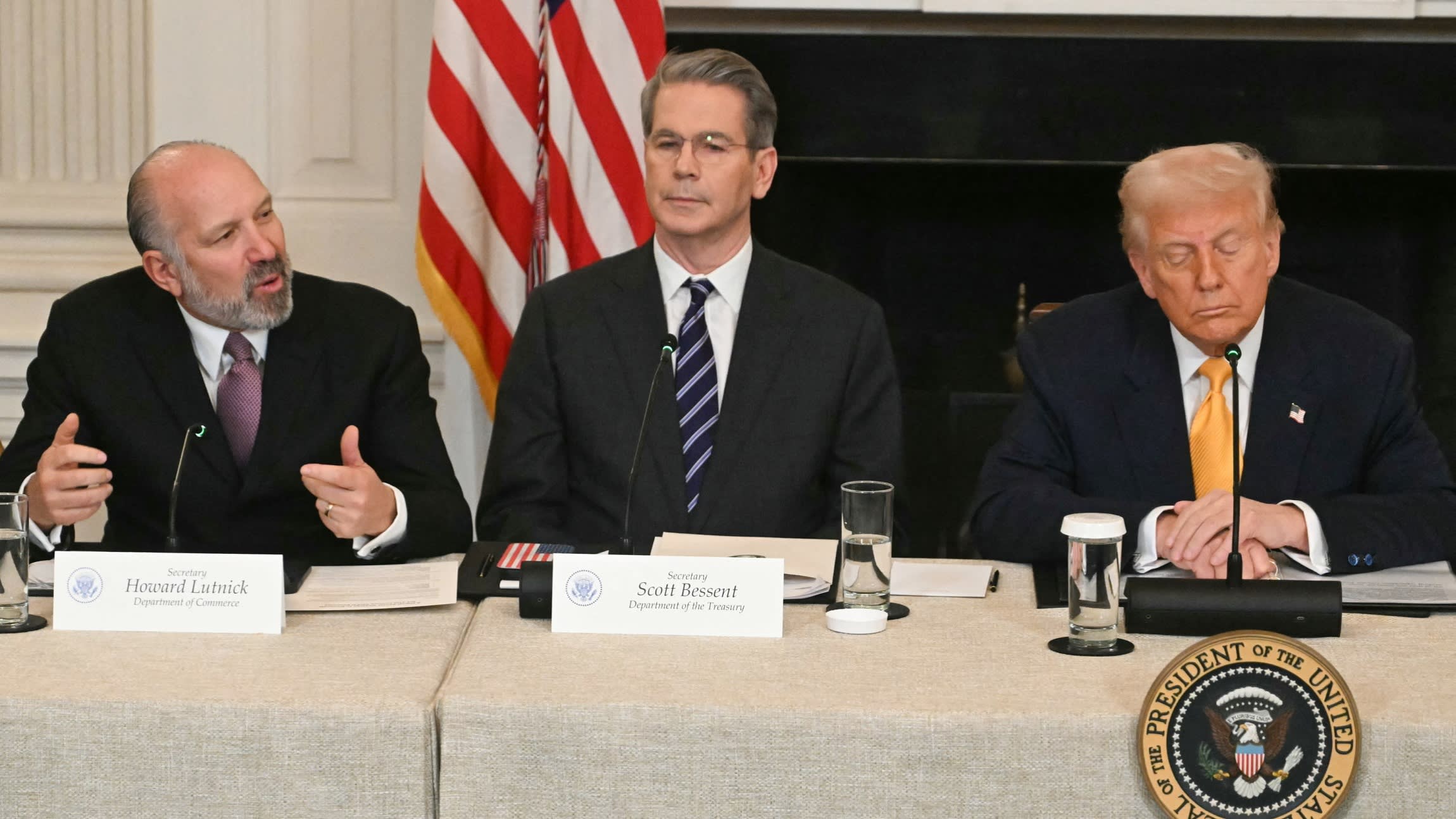AI Trading Revolution: Robinhood CEO Draws the Line

In a thought-provoking insight, Robinhood co-founder Vlad Tenev challenges the notion that artificial intelligence will completely dominate investing. He argues that trading isn't solely about financial gain, but often driven by complex human motivations that AI might struggle to replicate.
Tenev suggests that investors are not always purely rational actors seeking maximum returns. Many individuals trade for reasons that go beyond pure profit—such as emotional satisfaction, social connection, learning experiences, or personal passion for specific markets and companies.
While AI excels at data analysis and predictive modeling, it may miss the nuanced, psychological aspects of human investment behavior. People sometimes make trades based on personal beliefs, community sentiment, or even entertainment value, dimensions that current AI technologies cannot fully comprehend.
This perspective offers a compelling counterpoint to fears of AI completely replacing human investors. Instead, Tenev implies that technology might be better viewed as a sophisticated tool that complements human decision-making, rather than a total replacement.
As the financial technology landscape continues to evolve, the interplay between human intuition and artificial intelligence remains a fascinating frontier of investment strategy.








